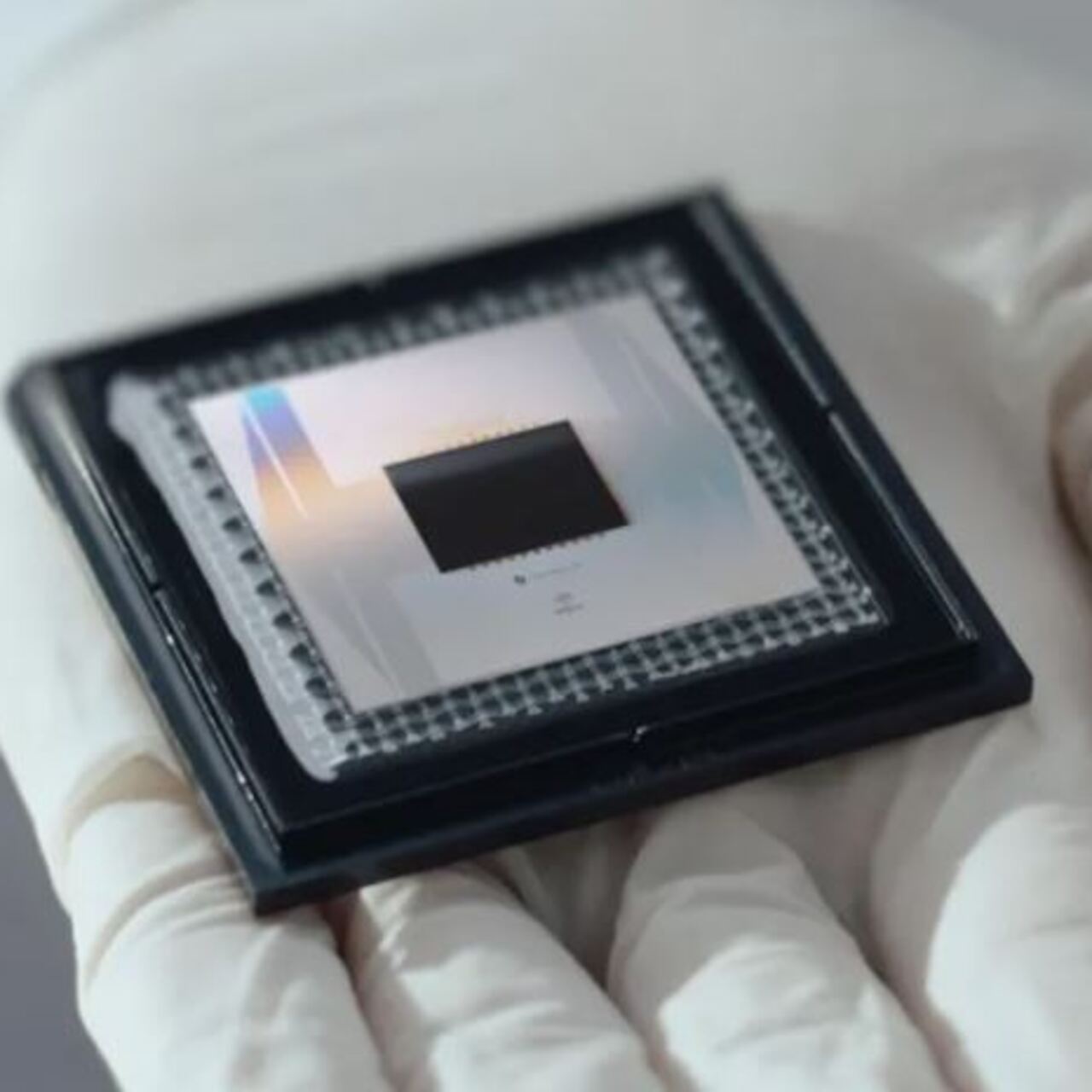Google introduced its new quantum processor ‘Willow’, which solves a problem that would take billions of years for the fastest supercomputers in the world in just five minutes. This processor represents a significant step forward in a field that aims to create a brand new, incredibly powerful type of computer using the fundamental principles of quantum computers.
WHAT IS A QUANTUM COMPUTING?
Quantum computers, unlike traditional computers, are capable of solving problems using the peculiar behavior of ultra-small particles. Google’s ‘Willow’ chip contains important “breakthroughs” in this field and paves the way for the construction of a “useful, large-scale quantum computer”.
These computers use the principles of quantum mechanics, unlike classical computers. While classical computers process information through bits (0 or 1), quantum computers process information through qubits (quantum bits). Qubits have the ability to be both 0 and 1 at the same time, a property known as quantum superposition. Therefore, quantum computers can solve certain problems much faster than classical computers, making them potentially incredibly powerful.
WILLOW’S POTENTIAL AND FUTURE
Hartmut Neven, head of Google’s Quantum AI lab, stated that Willow will be used in some practical applications, but has not yet provided further details. A quantum computer that can be used in commercial applications is expected to appear by the end of the decade. Initial applications of such devices will involve simulation of systems where quantum effects are important. For example, it could be used in tasks such as designing nuclear fusion reactors, drug development, and creating better car batteries.
IMPACT OF QUANTUM COMPUTING AND CONCERNS
The capabilities of quantum computers could make complex processes much faster in the future and enable major advances in areas such as the creation of new drugs. However, these computers also have the potential to be misused. For example, they can be used to break some types of encryption. That’s why companies like Apple continue to work to make their encryption systems “quantum proof.”
Quantum computers are inherently “noisy,” meaning that without error-correcting technologies, one in every 1,000 qubits — the basic building blocks of quantum computers — would fail. This has a huge impact on the reliability and performance of quantum computers. It is also emphasized that Google’s Willow chip has the potential to reduce such errors and make quantum computers more stable.
Although Google’s ‘Willow’ chip creates great excitement about what quantum computers can do in the future, experts emphasize that there is still a long way to go for its commercial and large-scale use.

